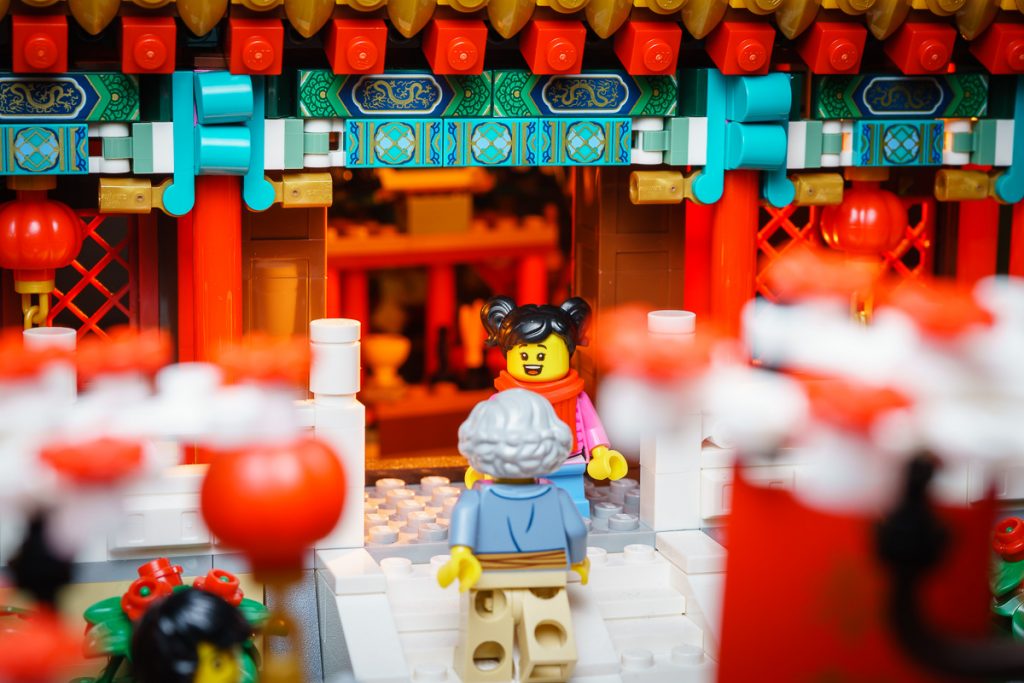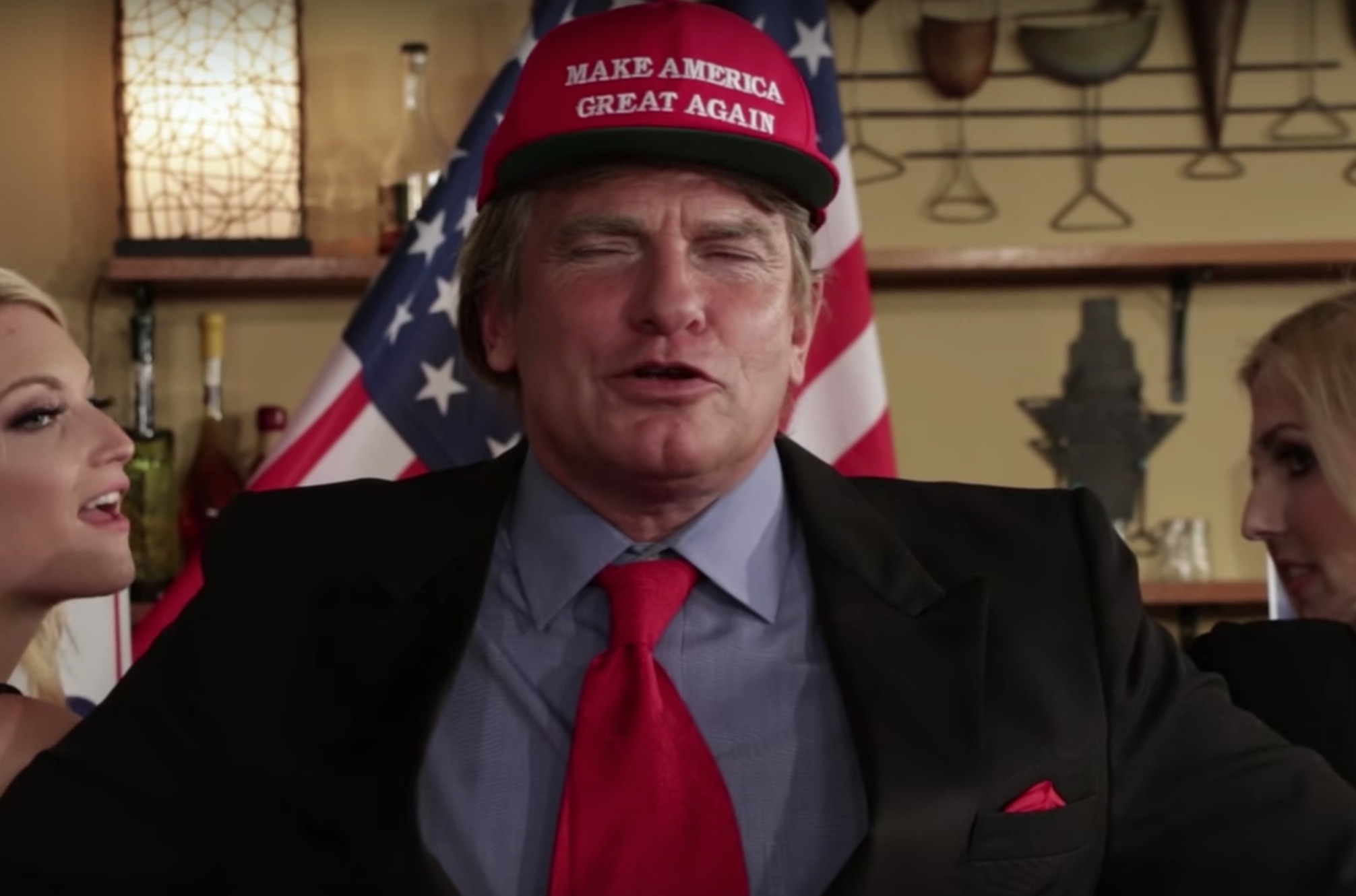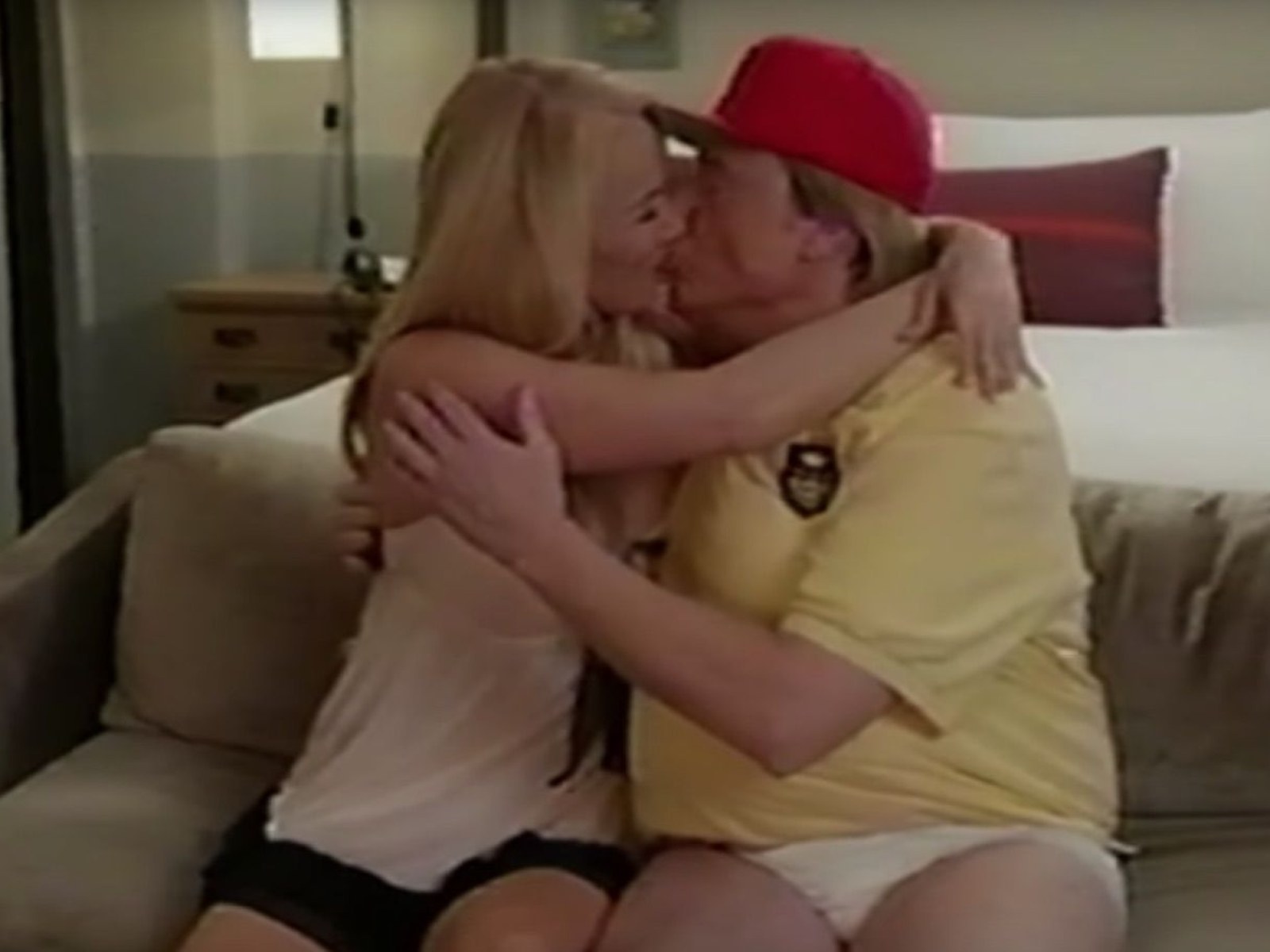- Joined
- Jan 17, 2010
- Messages
- 8,310
- Reaction score
- 10,425
On the ground in Panama City ahead of Marco Rubio’s first trip as secretary of State.
By BEN SCHRECKINGER
PANAMA CITY — Marco Rubio’s weekend visit to Panama is set to offer clues to a pressing question: whether the next four years of American policy will more closely resemble an imperial conquest or a hardball real estate negotiation.
On the ground here, members of the country’s small political elite have been bracing for either: As tensions over the Panama Canal ratcheted up last month, Panama’s former president, Ernesto Pérez Balladares, sat in his office on the 10th floor of a bank building and contemplated the worst-case scenario: an American invasion. “I think there will be many, many casualties on our side,” he said, “and international condemnation of the U.S.”

At the same time, President Donald Trump’s incoming envoy to Latin America, Mauricio Claver-Carone, was already sending a more pragmatic message in talks with Panamanian officials, according to a participant in those discussions: Get ahead of this by preemptively offering concessions.
Trump’s envoy suggested the Panamanians start by offering to let U.S. Navy and Coast Guard ships transit the canal for free, according to the person, who was granted anonymity to describe sensitive talks.
Interviews with 10 current and former officials in Panama and Washington ahead of Rubio’s first foreign trip as Trump’s chief diplomat, as well as four days on the ground in Panama City, suggest there remains room to strike a deal that reaffirms American preeminence here and rolls back China’s presence without contesting Panama’s control of the canal. They also point to a high risk of miscommunication and escalation as Trump’s aggression collides with an affronted Panamanian elite.

Balladares, sipping on iced coffee, argued that in an increasingly multipolar world, Trump is overplaying his hand. Fresh from a consultation at the presidential palace with his incumbent successor, José Raúl Mulino, Balladares said the only specific response they discussed was an appeal to the United Nations, which has since been made.
But Balladares raised the prospect that, if pushed, Panama could retaliate by opening up the choke points of another important flow: that of South American migrants heading north from Colombia.
“One of the things that we might do, if, you know, if things become worse,” Balladares said, “is just open up the gates.”
In public and private, Panamanians have protested the lack of factual basis for Trump’s claims about a Chinese military presence, pointed out that transit fees are uniform and dictated by law and appealed to the authority of multilateral institutions.
People who have worked for Trump and are privy to the Panamanian response offer a familiar take: Mulino’s administration is taking Trump’s belligerent gripes literally when it should instead take the underlying message — don’t forget it’s the U.S. that built and defends the canal — seriously.
Initial diplomatic exchanges have not yielded any resolution, according to the participant.

Talks between Claver-Carone and Panamanian officials — including cabinet ministers and Ambassador to the U.S. José Healy — began in the waning days of the Biden administration, the person said.
In the course of those exchanges, Panamanian officials have fact-checked Trump’s claims and cited Luis Almagro, secretary-general of the Organization of American States, a U.N.-type body for the Western Hemisphere. Almagro posted in December on X, “We expect the fullest and unrestricted compliance with the Agreements signed, approved and in force between the two countries.”
The message back from Claver-Carone has amounted to, “I don’t care what the secretary-general of OAS says, I don’t care what some columnist says. ... Do you think that we give a shit?” according to the person.
A spokesperson for the Panamanian embassy in Washington, Siria Miranda, said she was unable to substantiate this account. The State Department’s press office did not respond to a request for comment.

So far, one concession has been forthcoming: On the day of Trump’s inauguration, Panamanian government auditors descended on two ports, located at each end of the canal, operated by a subsidiary of Hong Kong-based conglomerate CK Hutchison Holdings. But the deployment of auditors to scrutinize the company’s compliance with its port concession agreements did not contain the crisis.
In his inaugural address on the same day, Trump vowed to “take back” the canal, which the U.S. handed over to Panama in 1999. Mulino responded with a complaint to the U.N. Security Council that cited Panama’s rights under international law. This week, the Panamanian president reiterated his stance that control of the canal is not up for negotiation.
In the lead up to Rubio’s arrival, though, came a signal that the Trump administration is ready to temper its approach.
“I think it’s clear this is an issue about developing a relationship,” State Department spokesperson Tammy Bruce told Fox Business on Tuesday. “Not about bossing other nations around, but making it clear that a partnership with the United States is something that they can trust, something that comes with benefits just like any good relationship does.”
By BEN SCHRECKINGER
PANAMA CITY — Marco Rubio’s weekend visit to Panama is set to offer clues to a pressing question: whether the next four years of American policy will more closely resemble an imperial conquest or a hardball real estate negotiation.
On the ground here, members of the country’s small political elite have been bracing for either: As tensions over the Panama Canal ratcheted up last month, Panama’s former president, Ernesto Pérez Balladares, sat in his office on the 10th floor of a bank building and contemplated the worst-case scenario: an American invasion. “I think there will be many, many casualties on our side,” he said, “and international condemnation of the U.S.”

At the same time, President Donald Trump’s incoming envoy to Latin America, Mauricio Claver-Carone, was already sending a more pragmatic message in talks with Panamanian officials, according to a participant in those discussions: Get ahead of this by preemptively offering concessions.
Trump’s envoy suggested the Panamanians start by offering to let U.S. Navy and Coast Guard ships transit the canal for free, according to the person, who was granted anonymity to describe sensitive talks.
Interviews with 10 current and former officials in Panama and Washington ahead of Rubio’s first foreign trip as Trump’s chief diplomat, as well as four days on the ground in Panama City, suggest there remains room to strike a deal that reaffirms American preeminence here and rolls back China’s presence without contesting Panama’s control of the canal. They also point to a high risk of miscommunication and escalation as Trump’s aggression collides with an affronted Panamanian elite.
Balladares, sipping on iced coffee, argued that in an increasingly multipolar world, Trump is overplaying his hand. Fresh from a consultation at the presidential palace with his incumbent successor, José Raúl Mulino, Balladares said the only specific response they discussed was an appeal to the United Nations, which has since been made.
But Balladares raised the prospect that, if pushed, Panama could retaliate by opening up the choke points of another important flow: that of South American migrants heading north from Colombia.
“One of the things that we might do, if, you know, if things become worse,” Balladares said, “is just open up the gates.”
Tense Exchanges
Rubio’s visit is set to test whether direct, high-level diplomacy can contain a crisis that began with threats made by Trump on social media late last year — alongside complaints about toll prices and claims that Chinese soldiers operate the canal — and escalated since.In public and private, Panamanians have protested the lack of factual basis for Trump’s claims about a Chinese military presence, pointed out that transit fees are uniform and dictated by law and appealed to the authority of multilateral institutions.
People who have worked for Trump and are privy to the Panamanian response offer a familiar take: Mulino’s administration is taking Trump’s belligerent gripes literally when it should instead take the underlying message — don’t forget it’s the U.S. that built and defends the canal — seriously.
Initial diplomatic exchanges have not yielded any resolution, according to the participant.
Talks between Claver-Carone and Panamanian officials — including cabinet ministers and Ambassador to the U.S. José Healy — began in the waning days of the Biden administration, the person said.
In the course of those exchanges, Panamanian officials have fact-checked Trump’s claims and cited Luis Almagro, secretary-general of the Organization of American States, a U.N.-type body for the Western Hemisphere. Almagro posted in December on X, “We expect the fullest and unrestricted compliance with the Agreements signed, approved and in force between the two countries.”
The message back from Claver-Carone has amounted to, “I don’t care what the secretary-general of OAS says, I don’t care what some columnist says. ... Do you think that we give a shit?” according to the person.
A spokesperson for the Panamanian embassy in Washington, Siria Miranda, said she was unable to substantiate this account. The State Department’s press office did not respond to a request for comment.

So far, one concession has been forthcoming: On the day of Trump’s inauguration, Panamanian government auditors descended on two ports, located at each end of the canal, operated by a subsidiary of Hong Kong-based conglomerate CK Hutchison Holdings. But the deployment of auditors to scrutinize the company’s compliance with its port concession agreements did not contain the crisis.
In his inaugural address on the same day, Trump vowed to “take back” the canal, which the U.S. handed over to Panama in 1999. Mulino responded with a complaint to the U.N. Security Council that cited Panama’s rights under international law. This week, the Panamanian president reiterated his stance that control of the canal is not up for negotiation.
In the lead up to Rubio’s arrival, though, came a signal that the Trump administration is ready to temper its approach.
“I think it’s clear this is an issue about developing a relationship,” State Department spokesperson Tammy Bruce told Fox Business on Tuesday. “Not about bossing other nations around, but making it clear that a partnership with the United States is something that they can trust, something that comes with benefits just like any good relationship does.”









